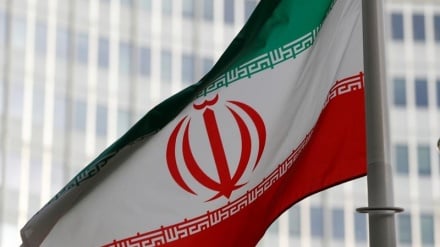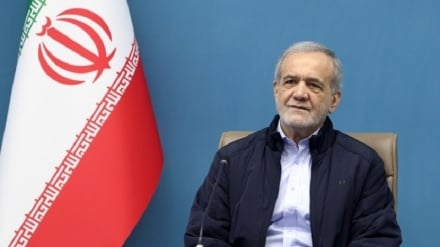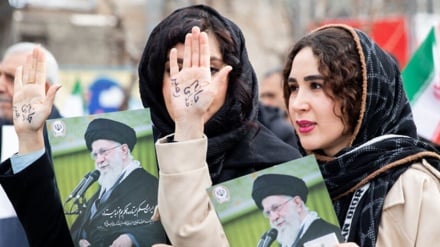Elections: Introduction of organizations that study possible election irregularities
Iran’s 12th presidential election will be held concurrently with the 5th Islamic City and Village Councils Election on May 19. Today, we introduce organizations, which study possible election irregularities.
Elections play an important role in establishment of the pillars of the sacred Islamic system of Iran. Thus, holding healthy elections is of paramount importance.
Iran’s Judiciary Chief, Ayatollah Amoli Larijani, has noted: “We should comply with Islamic Republic of Iran’s Constitution. There is no legitimate permission for character assassination of rivals in elections. Constructive criticism is allowed. However, accusing and slandering others is totally unacceptable, and all candidates and their supporters should avoid such misdeeds.”
Legally, supervision of elections is defined as a set of activities which the vetting organization carries out to be assured of the precise and appropriate implementation of the law, and heath of elections.
Now, which source is responsible for supervision of elections in Iran?
The 99th Tenet of Iran’s Constitution points out: “The Guardian Council supervises Assembly of Experts, Presidential, and Legislative Elections, and referendums.”
According to this tenet, the Guardian Council supervises the elections, with the exception of Islamic City and Village Council Elections.
The 100th Tenet of Constitution points out: “The conditions of eligible voters and nominees of the Islamic city and village council elections are determined by the law.” Law in this tenet refers to laws ratified by the Parliament.
Guardian Council is comprised of twelve members, and it cannot completely supervise all constituencies in elections such as presidential and/or legislative elections. Thus, Law has permitted this organization to instate a number of supervisory boards.
Given that the officials of sacred Islamic system have always wanted healthy elections; the Judiciary assists the organizers of elections to prevent any possible irregularity.
The political pundit, Mohammad Hadi Raji, notes: “One of the chapters of Iran’s Presidential Elections Act which was approved by Parliament on June 1985 is related to election campaigns. It has enumerated different aspects of election campaigns, and has set a few guidelines in this domain. According to law, each of the candidates should be granted equal shares of governmental facilities for their election campaign. For instance, the Islamic Republic of Iran Broadcasting (IRIB) which is an all-encompassing media should cover the candidates’ election campaigns equally.
Meanwhile, no candidate has the right to publicity in any facility which has not been specified for election campaigns. For instance, the governmental newspapers do not have the right to support candidates. Also, according to law, those who maintain portfolios in the government do not maintain the right to campaign for any presidential candidate.”
Supervision of elections by the Judiciary is not in contrast with the electoral supervisory role of the Guardian Council. This is because each of these organizations maintains their own set of duties. The Guardian Council as the observer of elections is the official source for confirmation of qualifications of candidates, and is responsible for announcements on appropriateness of elections. Meanwhile, according to the 156th Tenet of Constitution, the Judiciary is responsible for prevention of any infringement.
In order to be assured of appropriateness of votes cast in ballot boxes, the electoral observers, and representatives of candidates precisely monitor constituencies, and ultimately the appropriateness of the votes of each constituency should be confirmed by the executive boards and monitored by the Guardian Council.
Those, who maintain complaints about the terms of elections, can submit their documented complaint to the Secretariat of the Guardian Council within seven days after the date of elections.
These supervisions are carried out in order to prevent any possible irregularities in elections.
The Leader of Islamic Revolution has pointed out: “It is necessary to maintain a healthy competition in elections. Meanwhile, if people know the candidates, they should act based on their own recognition. And if they do not know the candidates they should seek the advice of insightful, religious individuals in choosing their candidates. The organizers of elections should be completely precise in appropriate implementation of elections. These factors can bring about appropriate elections for the country. Fortunately, all of the elections which have been held since the victory of Islamic Revolution to this date have been healthy elections.”
MR/MG


